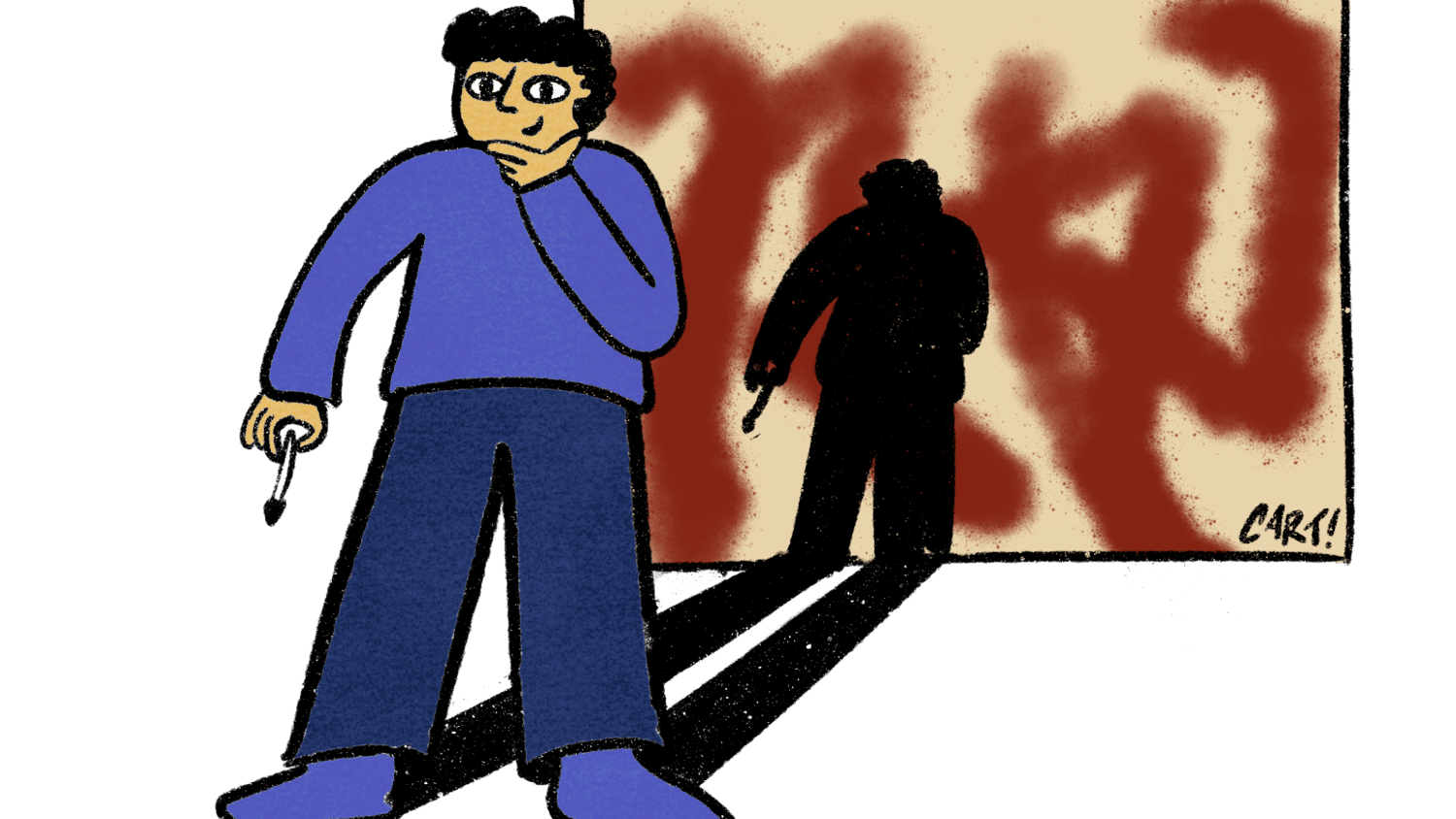If there's one thing I've learned watching thrillers and science fiction movies, it's that governments deal in sensitive information. We've all seen the cliche scene where the conspiracy theorist finally gets hold of a declassified government document, most likely related to an incident involving a dead president or an alien, only to find all the good stuff is blacked out.
It's funny for the viewer and frustrating for the characters, but it rings true in the real world. Governments keep secrets, and many times they do it for good reasons. But currently, our government abuses our acknowledgment of that simple premise.
The State Secrets Privilege allows the government to ask a court to exclude evidence from a case when the evidence contains information that if released could threaten national security.
On the surface, this makes sense, because nuclear launch codes and names of informants shouldn't be released to just anybody. But the existence of this privilege is based on a lie, with the very first use of the privilege being an unnecessary abuse.
In 1948, three employees of RCA were killed when the B-29 Superfortress they were flying in on a research and development mission crashed. The widows of the three employees sued the Air Force, because the widows believed the Air Force's negligence in keeping the airplane maintained caused their husbands' deaths.
The Air Force claimed that if the accident report from the crash was introduced to the court, state secrets would be revealed. Because the Air Force would not submit the documents, the widows won. But the precedent that created the privilege came out of the Supreme Court's ruling in this case in 1953, the case of United States v. Reynolds. The court sided with the Air Force, saying their claim was made in good standing.
The Air Force settled out of court with the widows, under the circumstances that they release the government of all liability.
The accident report was released in 2000, and under the "Conclusions" section of the accident report, the following sentence appears: "The aircraft is not considered to have been safe for flight because of non-compliance with Technical Orders 01-20EJ -177 and 01-20EJ-178."
Those two technical orders deal with minimizing fire hazards. The determined cause of the crash? A fire in engine 1.
The legacy of this privilege includes our government having cases dismissed in an effort to cover up anything that could be considered embarrassing, like foreknowledge of the 9/11 attacks, and judges nodding and accepting the government's claims at face value.
Once again, the existence of something like this is valid, but there have to be controls. Judges can't just take their word for it. If passed, House bill H.R.984, introduced in February, would require judges in cases like this to do just what their title implies: judge.
They would be privy to the questionable documents, and the government would have to prove their necessary secrecy.
Do you like this story? The Plainsman doesn't accept money from tuition or student fees, and we don't charge a subscription fee. But you can donate to support The Plainsman.




